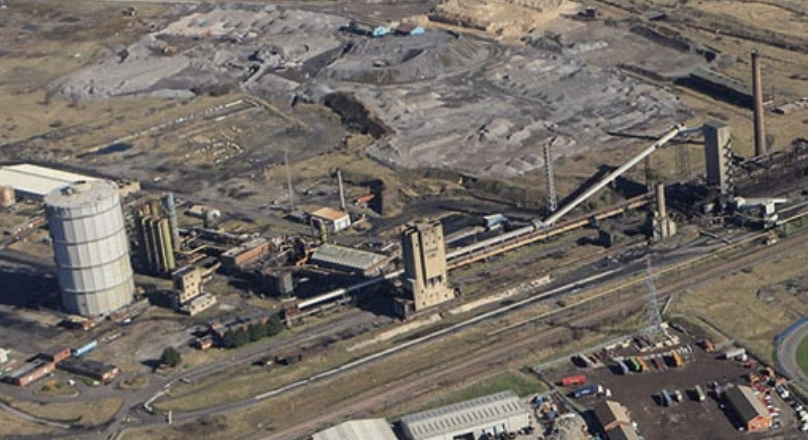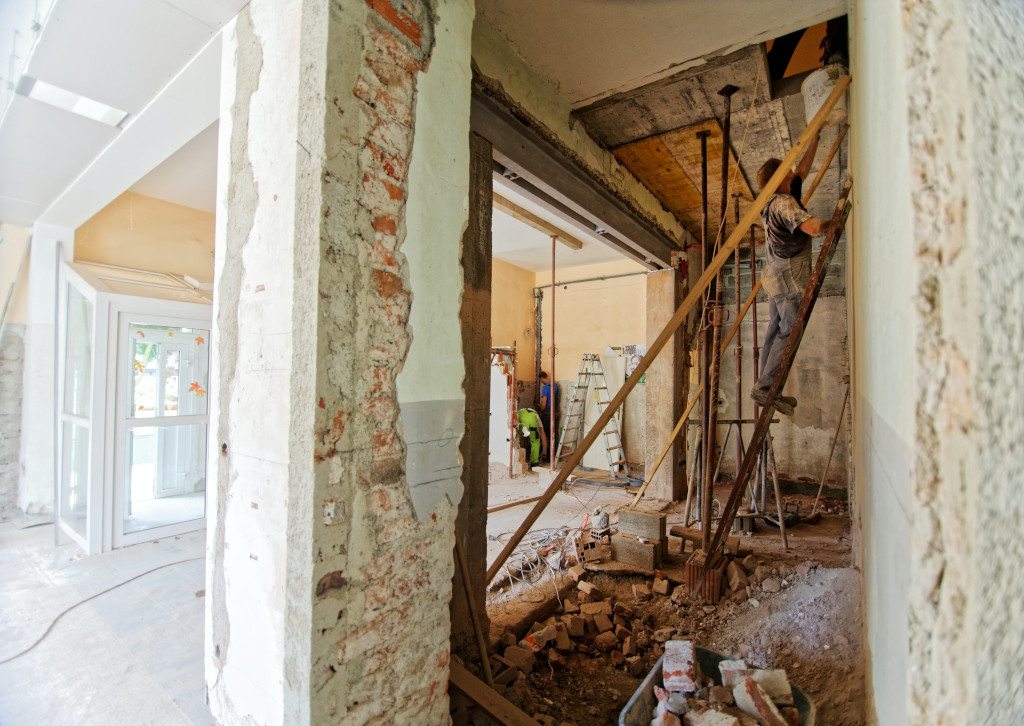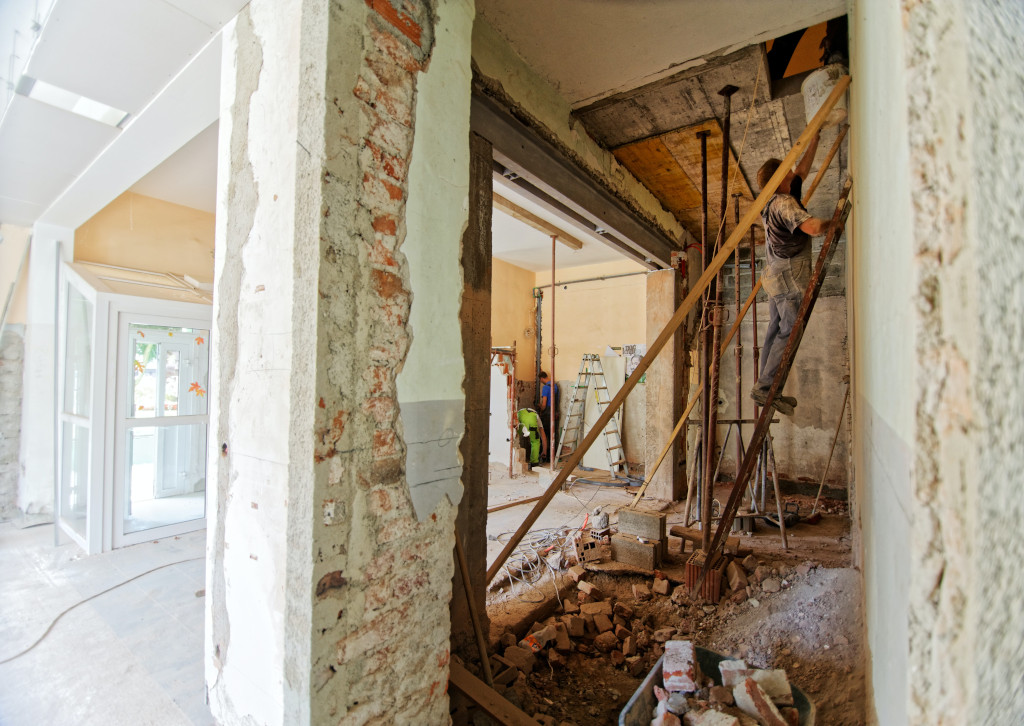The independent Inquiry into the construction of the Queen Elizabeth University Hospital Campus (QEUH) in Glasgow and the Royal Hospital for Children and Young People and Department of Clinical Neurosciences (RHCYP/DCN) in Edinburgh starts today.
The Scottish Hospitals Inquiry will hear from affected patients and families when the first oral hearings begin on Monday.
The inquiry will determine how issues relating to adequacy of ventilation, water contamination and other matters impacted on patient safety and care and whether these issues could have been prevented.

It will also examine the impact of these issues on patients and their families and whether the buildings provide a suitable environment for the delivery of safe, effective care. It will make recommendations to ensure any past mistakes are not repeated in future NHS infrastructure projects.
The inquiry was ordered after patients at the Glasgow hospital died from infections linked to pigeon droppings and the water supply, and the opening of the Edinburgh site was delayed due to concerns over the ventilation system.
Lord Brodie, Chair of the Scottish Hospitals Inquiry said: “No other group has been more affected by these issues than the patients and families from whom we will be hearing in the next few weeks.

“Their experiences will help inform future lines of investigation as we turn our attention to subsequent phases of the Inquiry.
“This first diet of hearings is the culmination of a year of preparation, providing us with a foundation to ensure that the Inquiry is led by the evidence it uncovers during the course of its lifetime.
“Ultimately, our role is to understand what went wrong with the construction of these hospitals so lessons can be learned to prevent the recurrence of such issues in the future.”

The following organisations have been designated as core participants by the Chair:
Currie & Brown UK LimitedGreater Glasgow Health BoardIBI Group (UK) LimitedIHS Lothian LimitedLothian Health BoardMott MacDonald LimitedMultiplex Construction Europe LimitedNHS National Services ScotlandScottish Futures TrustThe Scottish MinistersTÜV SÜD Limited

Did you miss our previous article…
https://www.thegraduatemag.com/?p=451

















